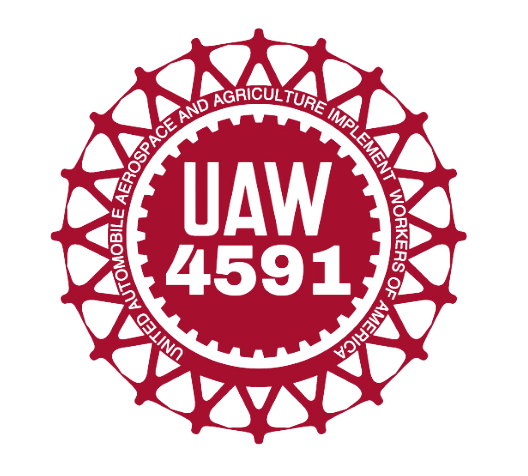FAQs
Find answers below to Frequently Asked Questions about our union.
What is WSU - CASE / UAW?
We are WSU Academic Student Employees who are forming a union with the goal of improving the working conditions and experience of teaching and research at WSU. Our work contributes substantially to the learning and research missions of WSU and forming a union will enable us to negotiate a collective bargaining agreement that legally protects and makes transparent the terms and conditions of our employment.
By forming a union, we strive to create a stronger and more equitable University, just as tens of thousands of other unionized employees at campuses like ours. Closest to home, we’ve begun working closely with the University of Washington Academic Student Employee Union, UAW Local 4121, whose collective bargaining history has resulted in numerous improvements.
Who are Academic Student Employees (ASEs)?
ASEs are students employed by WSU to do instructional or research work. ASE is an umbrella term that includes Graduate Teaching, Research, Staff, Project, Veterinary Assistants; Tutors, Readers and Graders and any other student employee doing substantially similar work, regardless of funding source.
What is a Union?
A union is an organized group of employees who work together to improve the working conditions of all through the power of collective bargaining. We, WSU academic student workers, are the union. By forming a union here at WSU we gain the right to negotiate terms and secure benefits in a legally binding contract with the university that cannot be unilaterally changed. We also gain more power to influence other decisions that affect us: see for example how unionized academic workers played a role in helping reverse recent decisions targeting international student workers.
What is collective bargaining?
Collective bargaining is a process, protected by state law, that equalizes the power relationship between employees and their employer.
Under collective bargaining, WSU ASEs elect peer representatives to negotiate as equals with the WSU administration. These negotiations result in a proposed contract called a tentative agreement which guarantees the terms and conditions of employment for ASEs. All ASEs will then be asked to vote to democratically approve the tentative agreement. If approved, the tentative agreement becomes a legally-binding contract.
Through collective bargaining, other academic workers across the country (such as Teaching Assistants, Postdocs, and Academic Researchers) have successfully negotiated improvements in their wages, benefits, job security, leaves, protections against harassment and discrimination, and many other terms and conditions of their employment.
Without collective bargaining, WSU has unilateral power to change our working conditions. We cannot bargain as equals over stipends, health insurance, a fair grievance procedure for addressing harassment/discrimination or other isues, and more.



